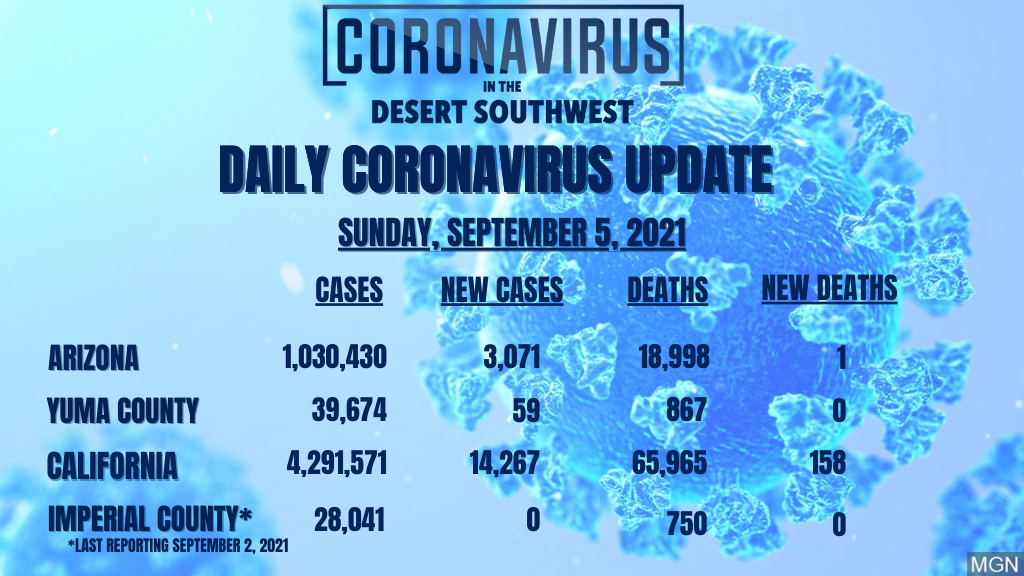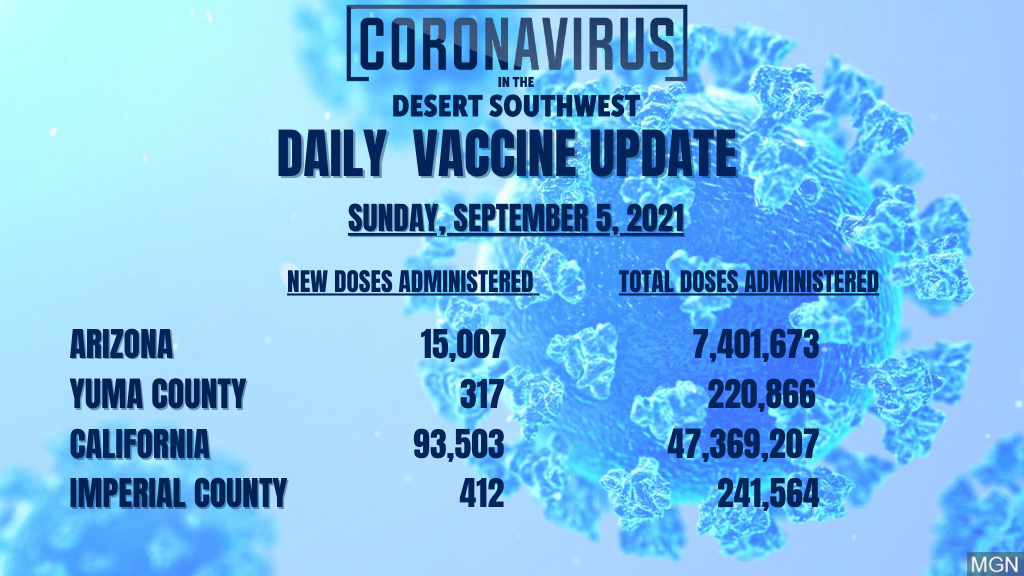Weekly Rewind: Phone scams, Pfizer authorization, local cannabis lounge, a boy with playful masks
Local stories along with warnings
The Yuma Police Department announces Wednesday that locals have been targeted by a new group of scammers claiming to be part of the Arizona Public Service (APS).
Sergeant Lori Franklin says callers are falsely telling Yuma residents "they have an overdue billing situation and the power would be cut off within the next 30 minutes or less."
Almost nine months after the Pfizer COVID-19 vaccine became available in Yuma County, some locals still haven't received it. Some by choice. In a News 11 special report, we explore what that means for Yuma county.
Dr. Bharat Magu, Yuma Regional Medical Center’s chief medical officer, says the hospital is noticing the difference between those who are vaccinated and those who chose to forgo the vaccine. Recently, YRMC started publicly reporting its patients' vaccine status.
A new cannabis facility in Imperial County is a game changer to the green market. Cannaffornia Connection is what they decided to call it.
The new building has two consumption lounges and two retail centers. It brings nearly 40 jobs to the valley, almost all hired locally. It will bring more employment to the economy once the new 32-acre cultivation centers open.
Since it is right off the I-8, the company believes this will bring more attraction to the valley as a point where Arizona, California and Mexico meet.
Just because most kids have to wear a mask in school, it doesn't mean they can't smile.
One child in the Kansas City area is taking his quick wit to heart, while showing it so everyone can see.
Andres Gutierrez gives us a look into the mind of someone who's just looking for a good laugh.
Coronavirus cases are still ongoing with deaths slowing down for now.

The Center for Disease Control (CDC) have reported 39.8 million Coronavirus cases, with California making up about 10% of cases and Arizona equating to about 2.5%.

The CDC also reports more than 450 million vaccine doses were delivered. Of that number, Arizona makes up 1.5% doses administered and California makes up about 10%.
